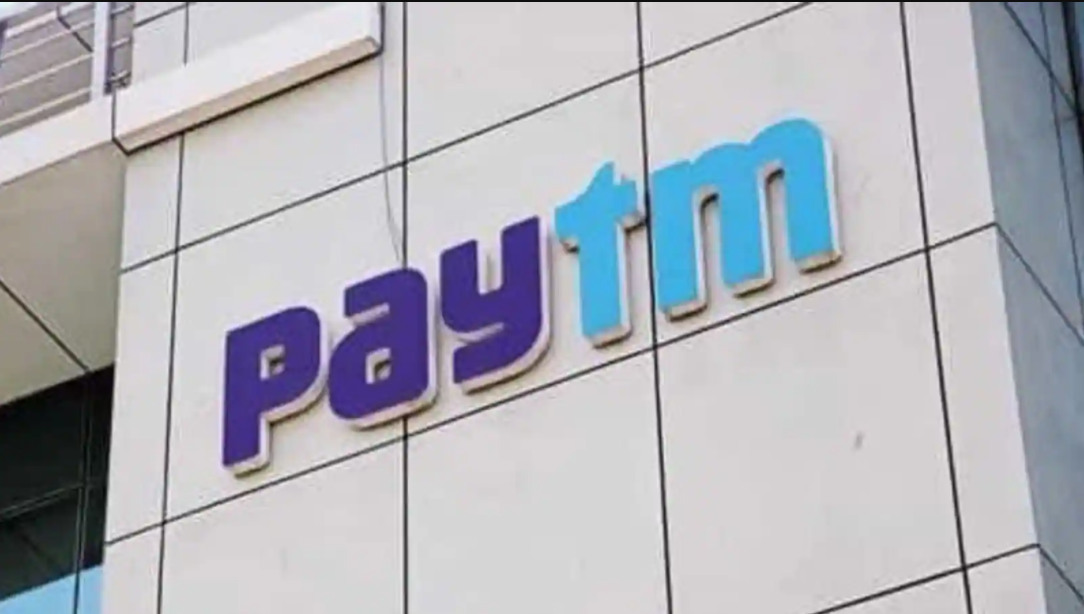Paytm collapse may cool IPO fever in India
Paytm’s founder and CEO Vijay Shekhar Sharma does not believe in doing things small or moderate. Though he had founded the firm in 2010 for mobile recharges, Sharma and Paytm hit pay dirt only in 2016 when Prime Minister Narendra Modi abolished high value currency notes in a disastrous move generally referred to as demonetisation.
Days after this decision which led to complete freeze of the Indian banking system and several km long queues of people trying to access cash distributors all across the country, Paytm released a full-page ad in practically every single sizeable daily in the country, running a picture of Modi and thanking him for the “smart move which would propel digital economy” and end the dominance of cash across India. Whether it propelled the digital economy or not is still unknown, but demonetisation did really launch Paytm from a non-entity to a household brand name that was soon dominating the digital payments market in the country.
Over the past five years, Paytm has diversified into several businesses, including insurance, a payments bank, loans and much more. And it has consistently grown its base in the country. Thus, when Paytm announced that it would launch an IPO for INR 183 billion, making it the largest ever in the 146-year history of the Indian bourses, there was little surprise and much excitement. There were also hardly any raised eyebrows when Paytm announced its price band of INR 2150.
However, by the time Paytm opened its IPO for subscription, something had gone awry. Despite the hype around the offer, at the end of day 1, Paytm offer had not yet been oversubscribed. It took up to mid-morning of day 2 for the company to announce that the share offer had been fully subscribed. And finally, it ended with 1.89 times oversubscription, hardly a feat worth talking about for any self-respecting company, especially at a time when most IPOs end up being oversubscribed by a factor of 5, 10 or even more.
And when it listed on Thursday, the tragedy unfolded as the share crashed to the earth, falling as much as 27 pc on the opening day, making the largest IPO in the history of Indian stock markets also the worst starter in the past 146 years. The same morning, ahead of the debut, brokerage firm Macquarie Research initiated an underperform rating on the company, saying its business model lacked focus and direction. Calling it a cash guzzler, Macquarie put the target price of the company at INR 1200, 45 pc lower than the issue price, pointing at the mounting losses reported by Paytm and the fact that it did not expect to generate a profit within the foreseeable future.
Even as his company set one dubious record after another on the bourses, Paytm founder boldly said that he was not perturbed by the slide and did not regret listing in India. “One day does not decide what our future is,” he said. “It is new business model and it takes a lot for somebody to understand it straightforward… there is a lot for us to bring to the markets and the market participants,” said Sharma boldly.
Macquire was also less than enthusiastic about Paytm’s complicated organisation structure, related-party transactions, churn in top management and a thinly staffed board with 75 pc of members being based out of India.
Eye-gauging pricing
Over the past few years, especially since the beginning of the latest bull run on the stock markets, the IPO prices, and not just of the tech or fintech firms, have been scaling unprecedented and clearly unsustainable highs, that are not only totally disconnected from the current levels of profitability but also the prospects of the firm in the near to mid-term.
Just days before Paytm’s rocky debut, another high-profile IPO star, beauty e-commerce firm Nykaa had completed a blockbuster IPO, receiving bids for 2167 million shares as against 26.4 million shares on offer, an oversubscription by 82 times. Even though its price was Nykaa listed at 79 pc over the relatively high IPO price.
Days after its listing, Nykaa unveiled results for the September quarter which saw its net profit collapse by 95 pc from INR 270 million to a bone-thin INR 12 million. Nykaa blamed the drop in profits to higher marketing costs. However, it raised questions on the ethics and boardroom governance of the firm as there is no way the company management can deny knowledge of its dismal performance this year before the IPO and hence it could be held guilty of knowingly misleading investors about its prospects.
The stock market regulator Securities and Exchanges Board of India (SEBI) needs to tighten its oversight of the markets to ensure that the IPO craze does not lead to promoters or their principal venture capital backers cash out at the expense of the retail investors, who, as usual, are the last ones to wise up on the real situation of the company and they end up holding the ball.
SEBI may also do well to check the practice of merchant bankers that advise the IPO as they are equally responsible for the prices that the IPOs are issued at. With no other investment yielding anywhere close to the returns that the booming stock markets, it is likely that many more reckless and uneducated small investors would get sucked into the whirlpool of IPOs before long.
But on the positive side, the Paytm saga may also cool off the frenzied prices being tagged to IPOs as it gives a clear warning to other promoters that if the largest IPO in the country could bomb, their own fate may not be secure.










